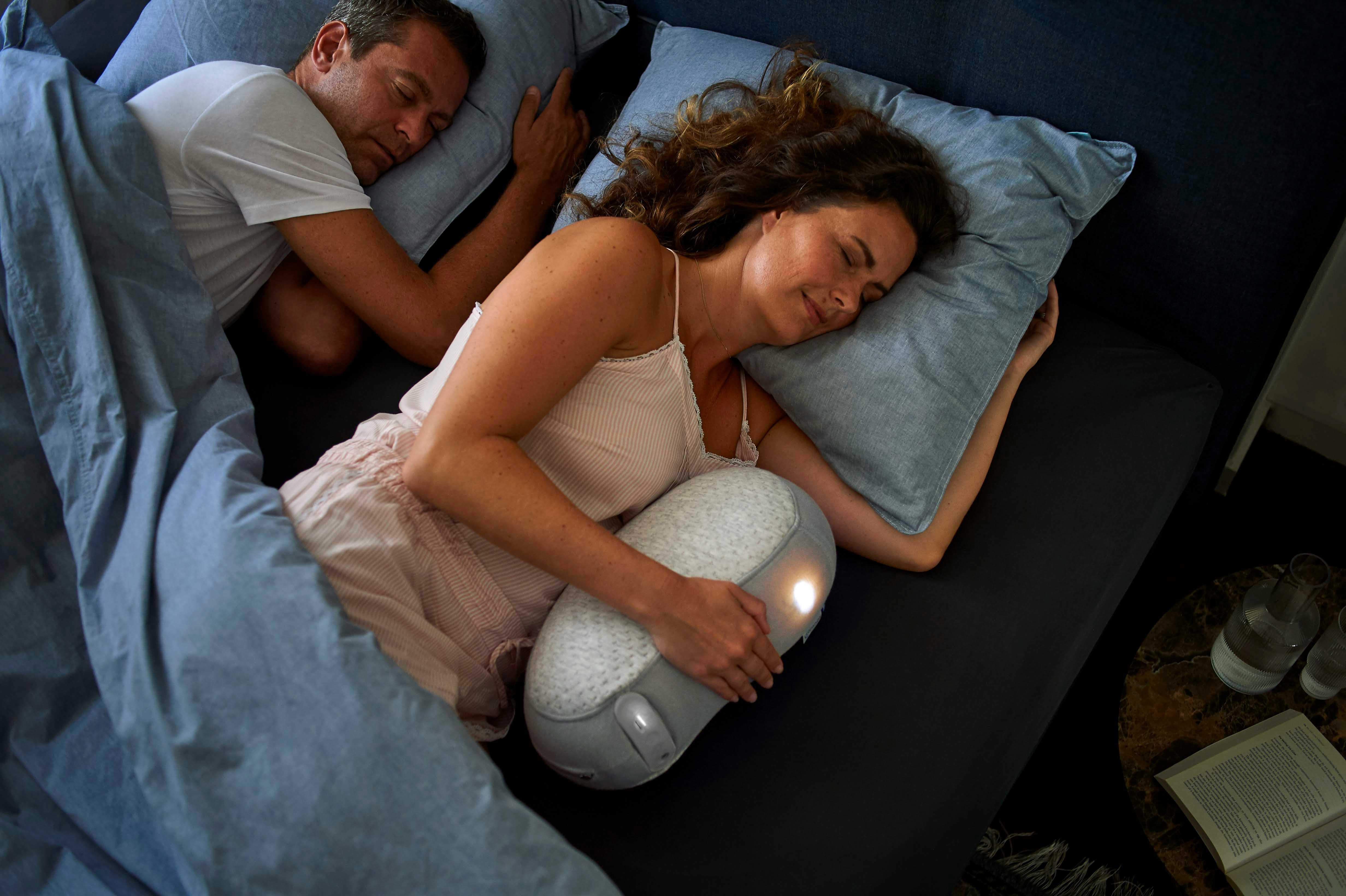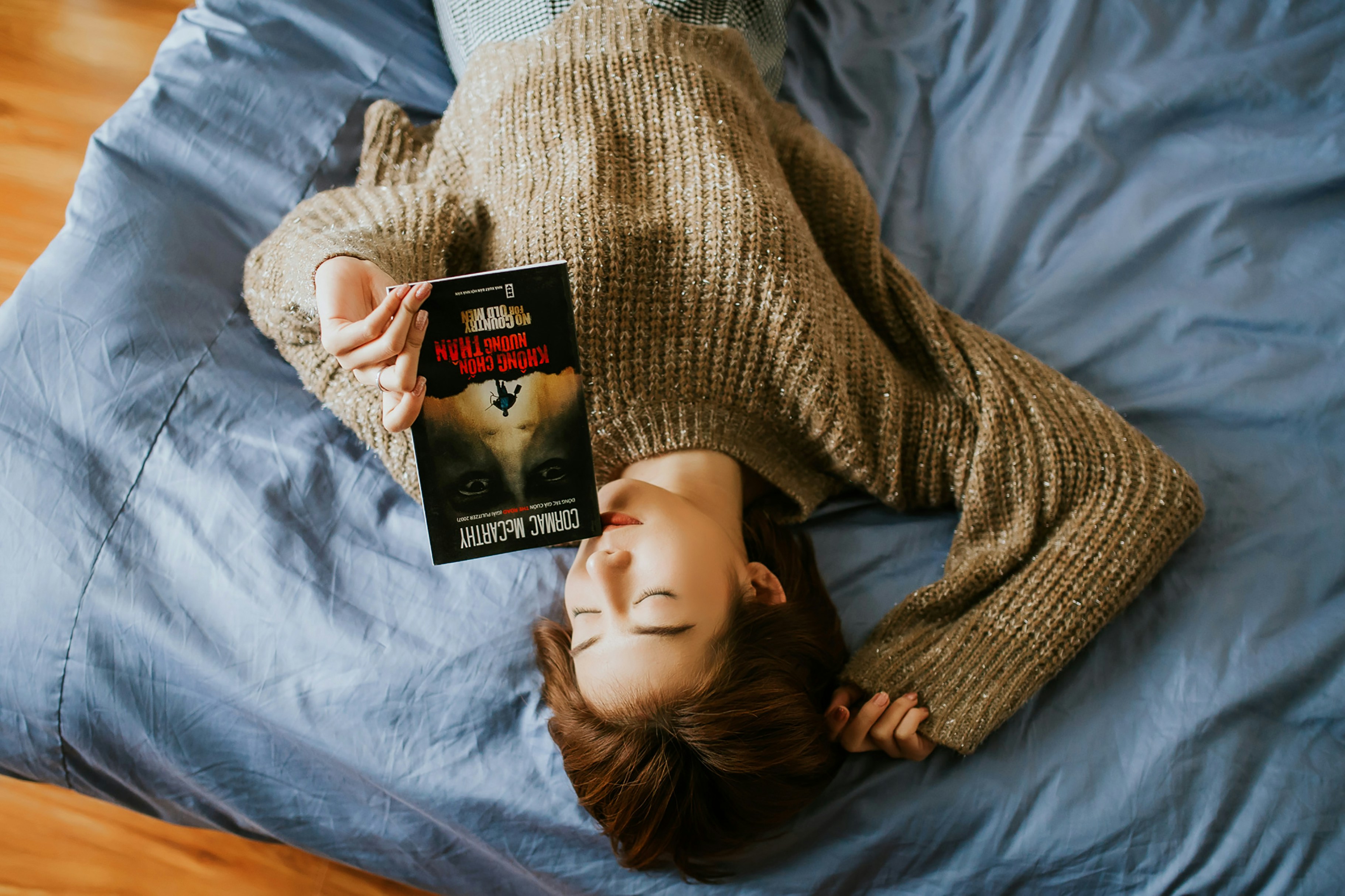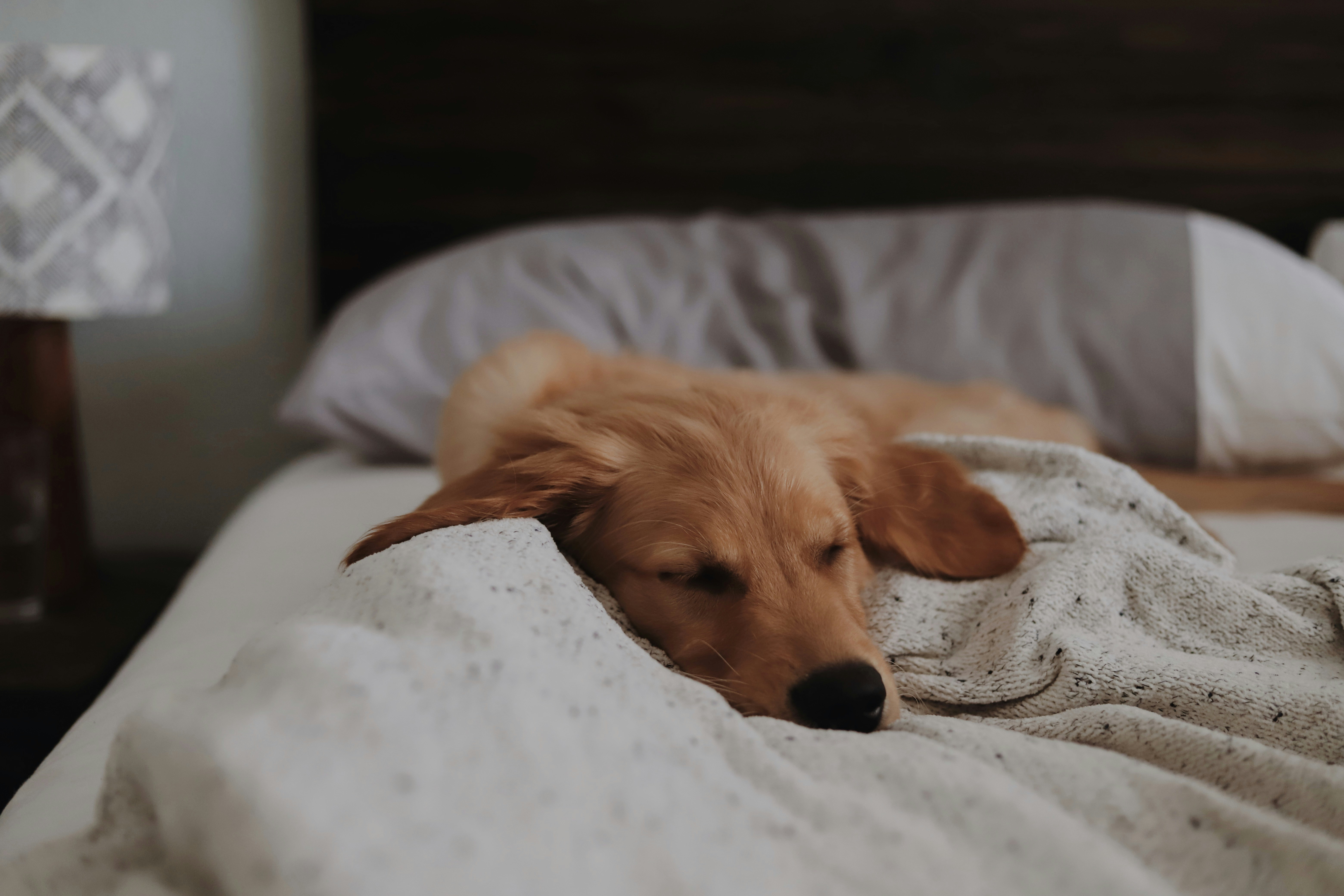Sleep and Mental Health: Why Rest is the Best Medicine 🧠💤

Introduction
We’ve all heard the phrase “sleep on it” when we’re faced with a big decision or problem. But did you know that there’s actual science behind why sleep is such a powerful mental health tool? It’s not just a way to rest your body—it’s also a way to rest and recharge your brain.
Sleep plays a critical role in mental health, and in this blog post, we’re going to explore why getting enough quality sleep is as important for your mind as it is for your body. So, if you’re ready to find out how sleep affects your mental health, let’s dive right in—and remember, no “I’ll sleep when I’m dead” talk here. You’ll want to sleep now for a healthier, happier you!
1. Sleep and Stress: The Ultimate Duo (Not in a Good Way)
We all know what stress feels like—the racing heart, the constant worry, and that feeling of being totally overwhelmed. Unfortunately, stress and sleep don’t exactly get along. When you’re stressed out, it’s harder to fall asleep, and when you don’t get enough sleep, stress becomes even more intense. It’s like a vicious cycle of sleeplessness and stress that can affect both your mental and physical health.
😫 How Stress Affects Sleep
When you’re stressed, your body produces cortisol, the stress hormone. Elevated cortisol levels can make it difficult to fall asleep, and if you do manage to fall asleep, you may wake up feeling groggy and unrested. High cortisol levels also make it more difficult for your brain to enter deep sleep, which is crucial for mental restoration.
The science : A lack of sleep leads to higher cortisol levels, which in turn increases stress and anxiety. It’s a loop that’s hard to break—but don’t worry, we’ll get there!
🌙 How Sleep Helps with Stress Relief
The good news is that sleep can break this cycle. When you get a good night’s sleep, your body resets its stress response, reducing the levels of cortisol and allowing your mind to process the day’s stress in a more relaxed state.
The science : During deep sleep, your brain is able to regulate the production of cortisol and other stress hormones. This helps you feel more calm and in control when you wake up.
2. Sleep and Anxiety: A Complex Relationship
Anxiety can be a real challenge to navigate, and unfortunately, lack of sleep often exacerbates anxiety symptoms. But the connection between sleep and anxiety isn’t just a one-way street—anxiety also makes it harder to sleep.
😱 How Anxiety Affects Sleep
Anxiety often manifests as racing thoughts, constant worry, and physical symptoms like increased heart rate or muscle tension. These symptoms make it difficult to relax and fall asleep, leaving you feeling even more exhausted and anxious the next day. A sleepless night can feel like you’ve just put yourself through a mental and emotional workout.
The science : Anxiety triggers the sympathetic nervous system, which is responsible for your “fight or flight” response. This increases your heart rate and keeps you in a state of alertness, making it almost impossible to wind down and sleep.
🧘♀️ How Sleep Helps Alleviate Anxiety
When you do get a good night’s sleep, however, your brain has the opportunity to process and regulate the emotions and worries that might have been building up during the day. Sleep helps restore the balance of neurotransmitters like serotonin and dopamine, which are crucial for mood regulation.
The science : Studies show that sleep deprivation can increase feelings of anxiety, while adequate sleep helps your brain process anxiety more effectively, making it easier to cope with the next day’s challenges.
3. Sleep and Depression: A Vital Connection
If you’ve ever struggled with depression, you know that it can affect your sleep patterns. Depression often leads to either insomnia or hypersomnia (excessive sleep), and both extremes can make mental health worse. But what you may not know is that sleep disturbances are not just a symptom of depression—they also contribute to the development of depression itself.
🛏️ How Sleep Disruptions Contribute to Depression
Sleep disruptions, such as difficulty falling asleep or staying asleep, can increase feelings of sadness and hopelessness. The more your sleep is disturbed, the more likely you are to experience negative moods and depressive symptoms.
The science : Chronic sleep deprivation affects brain chemistry, leading to imbalances in neurotransmitters such as serotonin and norepinephrine—both of which play key roles in mood regulation. These imbalances can intensify feelings of depression and anxiety.
😴 How Sleep Can Help Fight Depression
On the flip side, getting enough sleep is a powerful tool for improving mood and fighting depression. Sleep helps your brain reset, heal, and recharge, which allows you to think more clearly and cope with emotional stress more effectively.
The science : Sleep promotes the release of growth hormones and helps restore brain function. In fact, one of the most common treatments for depression is ensuring people get a regular, restorative sleep schedule, as this can lead to improved mood and reduced symptoms.
4. Sleep and Cognitive Function: Mental Clarity is Just a Nap Away
Sleep doesn’t just affect your mood—it also plays a significant role in cognitive function. If you’re feeling foggy, forgetful, or just plain off , lack of sleep might be the culprit. Sleep is critical for memory consolidation, learning, and problem-solving, and it helps keep your brain sharp and focused.
🧠 How Sleep Affects Memory and Learning
During sleep, especially during the REM (Rapid Eye Movement) phase, your brain processes and stores information from the day. This helps you retain what you’ve learned and improves your ability to recall information later on.
The science : Research shows that sleep enhances memory consolidation by reactivating and strengthening neural connections formed during the day. A well-rested brain is much better at learning new information and solving complex problems.
🌙 How Sleep Boosts Mental Performance
Sleep also plays a crucial role in improving your ability to focus, concentrate, and make decisions. Without adequate sleep, your cognitive performance declines, making it harder to stay focused and productive.
The science : Sleep deprivation can impair attention, decision-making, and problem-solving skills. In fact, studies have shown that even a single night of poor sleep can have a noticeable impact on cognitive function.
5. Sleep Hygiene: Creating the Perfect Environment for Mental Health
So, how can you ensure that your sleep is working for your mental health and not against it? The answer lies in good sleep hygiene. Here are some tips to improve your sleep and mental well-being:
🛏️ Stick to a Consistent Sleep Schedule
Going to bed and waking up at the same time every day helps regulate your body’s internal clock. This makes it easier to fall asleep and wake up feeling refreshed, which is crucial for mental clarity.
🌙 Create a Relaxing Bedtime Routine
Develop a relaxing bedtime routine to signal to your brain that it’s time to wind down. This might include activities like reading, meditation, or taking a warm bath.
🧘♀️ Manage Stress During the Day
To avoid stress-related sleep issues, practice stress-management techniques like deep breathing, mindfulness, or journaling to keep your anxiety in check.
📱 Limit Screen Time Before Bed
The blue light from screens can disrupt your circadian rhythm and make it harder to fall asleep. Try to avoid screens for at least an hour before bed to improve your sleep quality.
6. Conclusion: Sleep is the Best Medicine for Your Mind
Sleep is one of the most important tools you have for maintaining mental health. Whether you're dealing with stress, anxiety, or depression, getting enough sleep is a powerful way to reset and recharge your brain.
So, next time you’re feeling overwhelmed, instead of pushing through another sleepless night, remember that a good night’s sleep might just be the best medicine you can take. Prioritize rest and take care of your mind—because, as it turns out, sleep really is the best medicine.
“A good laugh and a long sleep are the best cures in the doctor’s book.” — Irish Proverb




